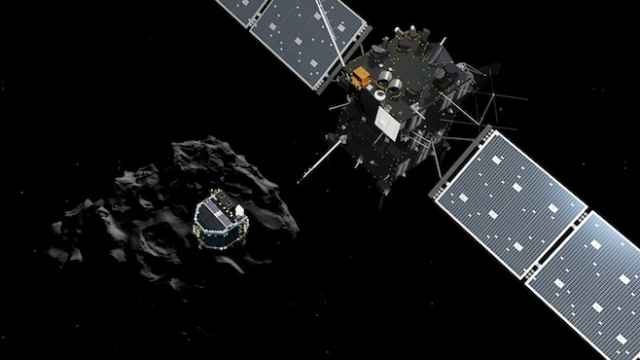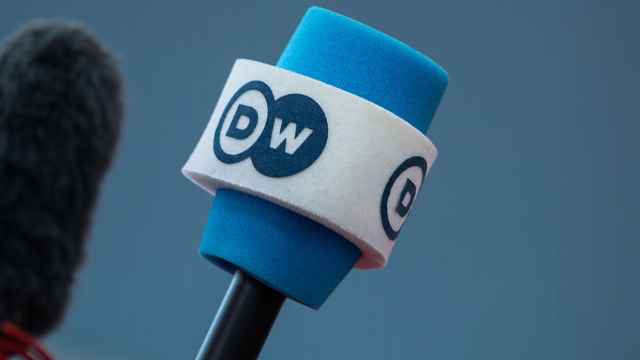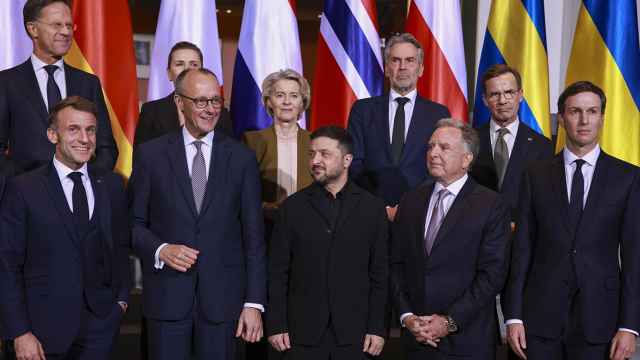Russia and China are negotiating future cosmonaut exchanges that could see Chinese astronauts visit the Russian segment of the International Space Station (ISS), the head of Russia's federal space agency was quoted as saying by the Interfax news agency Wednesday.
Russia has been inching closer to China in recent months as the Ukraine crisis drives a wedge into U.S.-Russian space cooperation and China limbers up to become a major player. Left out of the ISS program, Beijing launched its own space station, Tiangong-1, in 2011.
"I do not rule out the possibility that in the context of broadening cooperation with China we might consider a visit by our cosmonauts to the Chinese station and at some point welcome taikonauts [the term used for Chinese astronauts] to our segment of the ISS," Interfax quoted Oleg Ostapenko as saying at Airshow China 2014, where he met with Chinese space officials to discuss cooperative projects.
It is not immediately clear if such an arrangement would be problematic for Russia's primary partner in the ISS program — the U.S. space agency NASA. The U.S. Congress has prohibited NASA employees from working with Chinese nationals employed by Beijing for fear of industrial and scientific espionage efforts.
China's space program has been isolated from much of the global space industry by international arms regulations — most space technology is considered to be dual-use, meaning they have both civilian and military applications. But despite this it has been progressing at an astonishing rate in recent years.
China became the third nation to launch a man into space on a domestically designed rocket in 2003. Since then, China has launched a rover to the moon, placed a small space station into orbit, and is now planning its own large space station — taking over from the small Tiangong-1 — and a manned mission to the moon.
Contact the author at [email protected]
A Message from The Moscow Times:
Dear readers,
We are facing unprecedented challenges. Russia's Prosecutor General's Office has designated The Moscow Times as an "undesirable" organization, criminalizing our work and putting our staff at risk of prosecution. This follows our earlier unjust labeling as a "foreign agent."
These actions are direct attempts to silence independent journalism in Russia. The authorities claim our work "discredits the decisions of the Russian leadership." We see things differently: we strive to provide accurate, unbiased reporting on Russia.
We, the journalists of The Moscow Times, refuse to be silenced. But to continue our work, we need your help.
Your support, no matter how small, makes a world of difference. If you can, please support us monthly starting from just $2. It's quick to set up, and every contribution makes a significant impact.
By supporting The Moscow Times, you're defending open, independent journalism in the face of repression. Thank you for standing with us.
Remind me later.





